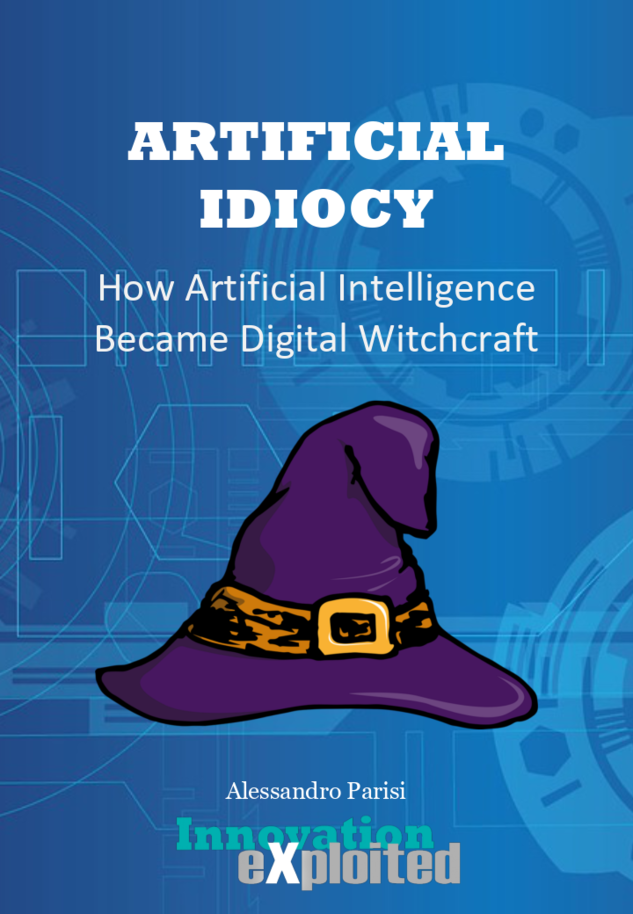Artificial Idiocy

How Artificial Intelligence Became Digital Witchcraft
Talking about Artificial Intelligence is now fashionable: after all, the innovations that characterize the sector are so rapid and exciting that it is difficult to resist commenting and spreading news regarding the amazing results achieved by research, especially applied research.
However, it is also easy to fall prey to false suggestions, often unmotivated or excessively high-sounding, to the point of appearing unlikely and unrealistic: too often the media, but also the “experts” (who on the contrary should show greater critical sense), give in to the temptation of propaganda.
The reasons for the spread of exaggerated announcements regarding the possibilities of Artificial Intelligence in the various sectors of daily life (starting with job prospects) are often attributable to a distorted business model, which aligns the incentives (also economic and financial) of software producers with those of media: both in fact have to gain from the hype that characterizes not only Artificial Intelligence, but technological innovation in general.
Therefore, it is not at all rare nowadays to come across high-sounding proclamations announcing the inevitable advent of Artificial Intelligence, ready to supplant the human race in every field, to the point of ousting humans from the residual dominions that are still their own, such as that of creativity and scientific research.
But how much truth could be assigned to such high-sounding proclamations?


